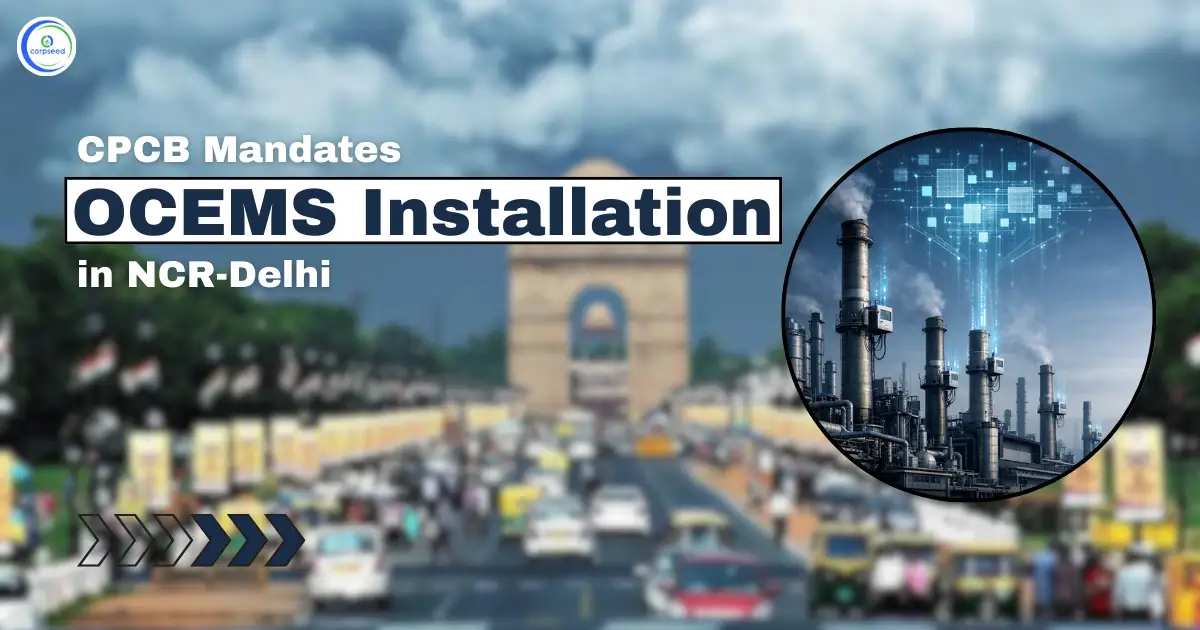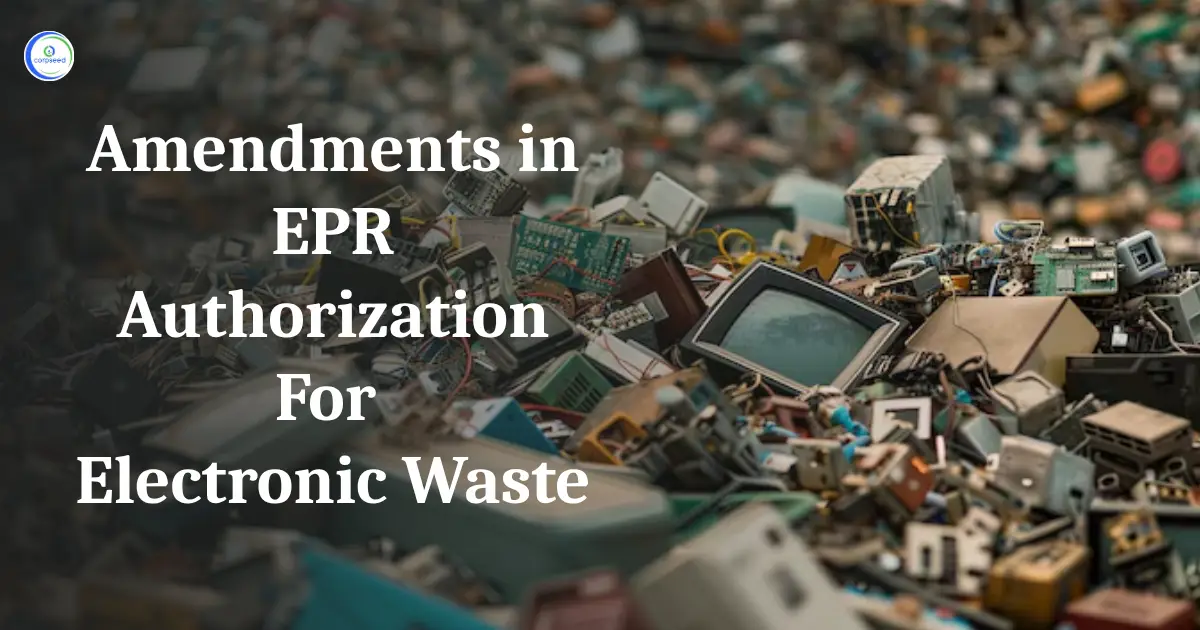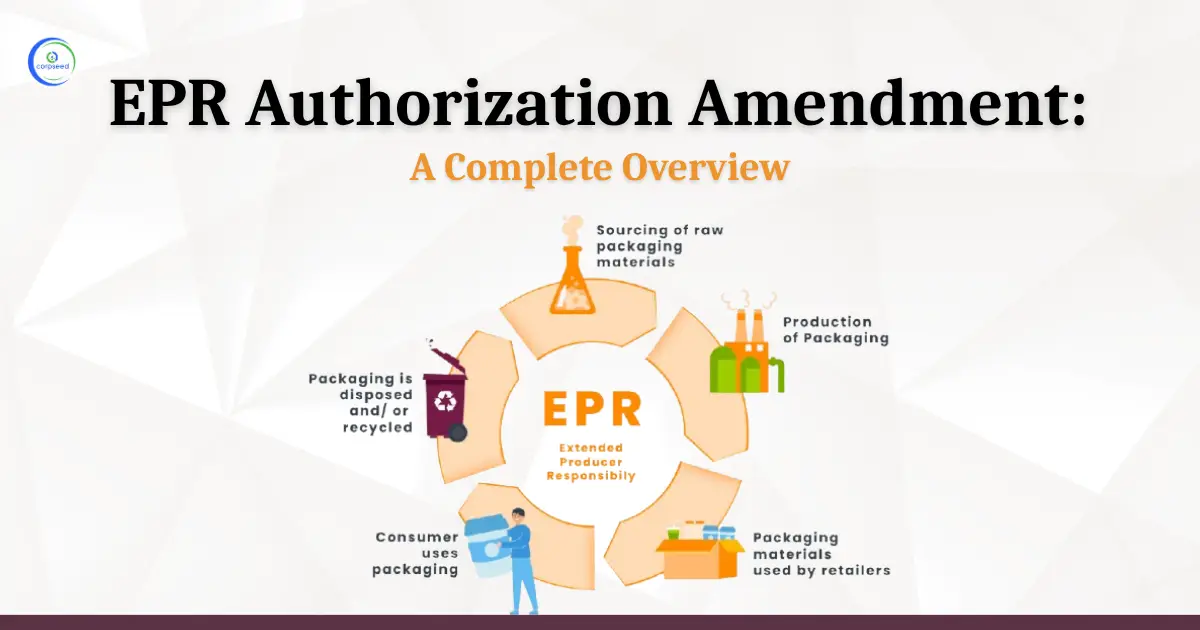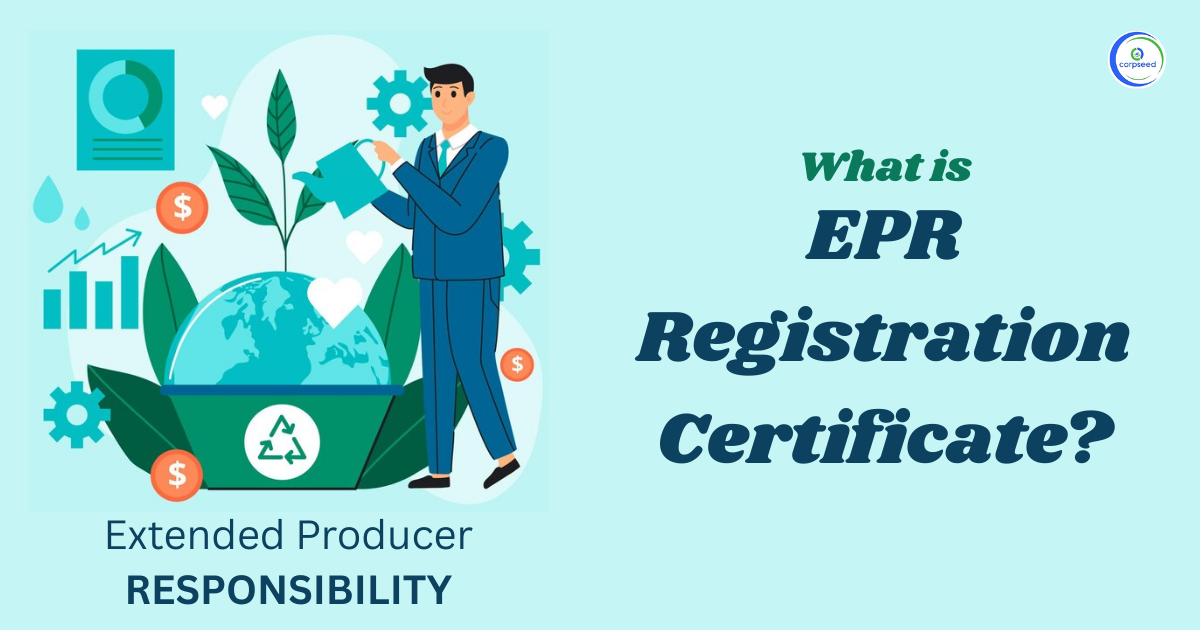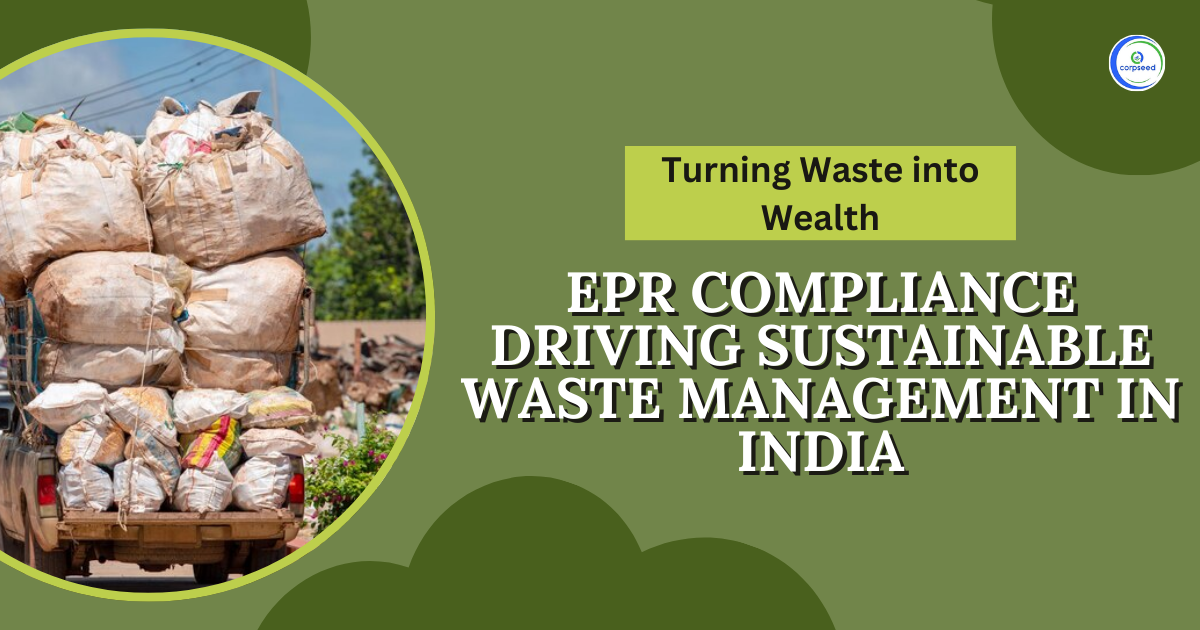The biodegradable packaging industry in India is growing rapidly. This growth is due to increased environmental awareness among consumers and stricter government regulations. Starting a biodegradable packaging business legally entails a clear understanding of the legal framework, essential biodegradable packaging certifications, and business registration. These measures are necessary to ensure compliance and enter this promising eco-friendly market.
Table of Contents
Understanding Biodegradable Packaging and Its Market Potential
Biodegradable packaging consists of materials that can naturally decompose through biological processes such as microbial action, thus minimizing plastic waste and its harmful effect on the environment. Unlike traditional plastic packaging, which can persist for hundreds of years in landfills and oceans, biodegradable packaging breaks down within a short time, typically within months, leaving no toxic remains behind. This feature has contributed to the global push towards biodegradable alternatives as governments and consumers alike demand sustainable solutions.
The growth of the biodegradable packaging industry in India is driven by government policies, consumer demand for eco-friendly packaging, and the growing interest from biodegradable packaging manufacturers and suppliers. According to industry reports, India’s biodegradable packaging market is expected to develop at a compound annual growth rate (CAGR) of more than 5% over the next decade. For businesses, this growth means there are both commercial opportunities and social responsibilities to offer eco-friendly packaging options.
--------------Blog Contact Form-------------
Importance of Biodegradable Packaging
Biodegradable packaging is crucial for numerous important reasons that impact the environment, businesses, and consumers alike:
- Environmental Protection: Biodegradable packaging significantly minimizes plastic pollution by naturally breaking down through microbial action, leaving no toxic residue behind. This helps safeguard soil, aquatic reservoirs, and marine life from the harmful effects of conventional plastics, contributing to a healthy ecosystem.
- Legal Compliance: With India’s strict Plastic Waste Management Rules and a nationwide ban on single-use plastics, implementing biodegradable packaging is vital for businesses to stay compliant with government regulations and avoid hefty fines or legal penalties.
- Consumer Preference: As awareness about environmental issues rises, more consumers are actively seeking eco-friendly products. This shift in consumer behaviour is growing the demand for biodegradable packaging solutions, making it an important factor for business success and customer loyalty.
- Corporate Responsibility: More and more companies are adopting biodegradable packaging to reduce their carbon footprint, meet corporate social responsibility (CSR) commitments, and build a positive brand reputation in a competitive market are staying.
- Economic Opportunity: The biodegradable packaging sector offers a profitable market opportunity with increasing investment by both government and private sectors. Rising consumer demand and supportive policies create a suitable environment for innovation, business growth and long-term profitability
Types of Biodegradable Packaging Materials
Before diving into the legal and business setup, it is important to understand the common biodegradable packaging materials in India. They consist of plant-based polymers such as polylactic acid (PLA), starch-based plastics, paper and cardboard, bagasse (a sugarcane by product), and cellulose based films. Each has unique properties that suit different packaging requirements across several industries.
- Polylactic Acid (PLA): Made from renewable resources such as corn starch or sugarcane, PLA biodegradable packaging is fully compostable and extensively used for food containers, bags, and disposable utensils due to its strength and clarity.
- Starch-Based Plastics: These biodegradable plastic is often combined with other natural polymers to enhance their strength and flexibility, making them suitable for packaging films, bags, and disposable packaging products.
- Paper and Cardboard: Easily recyclable and biodegradable, paper and cardboard are important materials for shipping boxes, cartons and protective packaging, providing a sustainable alternative to plastic.
- Bagasse: Resulting from the fibrous residue left after sugarcane juice extraction, bagasse is a strong and heat-resistant material that is typically used for eco-friendly disposable plates, trays, and bowls.
- Cellulose Films: Transparent and flexible, cellulose films are made from plant cellulose and degrade quickly in the natural environment, making them ideal for sealing food items and lightweight packaging requirements.
How to Start Biodegradable Packaging Business
Starting a biodegradable packaging business in India needs a mix of legal compliance, sustainable sourcing, and strategic branding. With an increasing demand and government support, following a clear and structured setup process is key to success. Some of the key steps include:
- Register Your Business: Select the right legal structure, sole proprietorship, LLP, or private limited company, based on your scale and goals. Register through the MCA portal, and secure your PAN and GSTIN for legal and tax compliance.
- Obtain Licenses and Certifications: Apply for CPCB clearance for pollution control compliance. Obtain BIS certification and ISO 14855 for composability. Consider Eco mark certification to enhance your product’s market credibility and eco-trust.
- Comply with Plastic Waste Management Rules: Understanding biodegradable packaging laws in India and following the Plastic Waste Management Rules is crucial. Ensure your products fulfill biodegradability standards, use clear labeling, and comply with Extended Producer Responsibility (EPR) to avoid penalties and benefit from government incentives.
- Source Raw Materials and Set up Manufacturing: Partner with a certified suppliers of PLA, starch blends, bagasse, or cellulose materials. Establish eco-friendly production with quality control, minimal waste, and sustainable practices for long-term proficiency.
- Build a Brand and Market Your Business: Use digital marketing focused on biodegradable packaging and eco-friendly solutions. Highlight certifications and green initiatives to build trust. Target eco-conscious sectors like organic food, retail, and e-commerce. Use content marketing, SEO, and social media to increase your brand’s visibility.
- Stay Informed on Trends and Legal Updates: Keep up with industry news, material innovations, and regulatory variations. Join trade associations and attend expos to ensure your business stays competitive and compliant in a fast growing market.
Conclusion
Starting a legally biodegradable packaging business in India provides a unique opportunity to blend profitable with a strong commitment to environmental sustainability. By properly registering your business, obtaining the necessary licenses and certifications, and adhering with India’s Plastic Waste Management Rules, you will establish a reliable and compliant foundation. Sourcing sustainable raw materials and adopting green manufacturing practices further fortifies the long-term viability of your business. With growing consumer awareness and strong government initiatives promoting eco-friendly alternatives, the biodegradable packaging sector provides major growth potential. Entrepreneurs venturing into this sector will not only benefit commercially but also play an important role in mitigating plastic pollution and promoting a cleaner, greener India.
Staying up to date with industry trends and legal changes will ensure continued success and relevance in this dynamic market. Ultimately, this business reconciles environmental responsibility with economic opportunities, which makes it a promising project for the future.
FAQ`s
Register your business legally in India, get essential certifications, and source sustainable biodegradable packaging materials.
Yes, the biodegradable bag business is profitable due to rising consumer preference and government policies encouraging eco-friendly packaging solutions in India.
Comply with India’s Plastic Waste Management Rules, source certified biodegradable materials, and build a sustainable brand.
You need CPCB approval, BIS certification, and GST registration to function legally and ensure product quality.
Top materials include PLA, starch-based plastics, bagasse, and cellulose films, selected based on product needs and biodegradability.
This portion of the site is for informational purposes only. The content is not legal advice. The statements and opinions are the expression of author, not corpseed, and have not been evaluated by corpseed for accuracy, completeness, or changes in the law.
BOOK A FREE CONSULTATION
Get help from an experienced legal adviser. Schedule your consultation at a time that works for you and it's absolutely FREE.
.webp)


